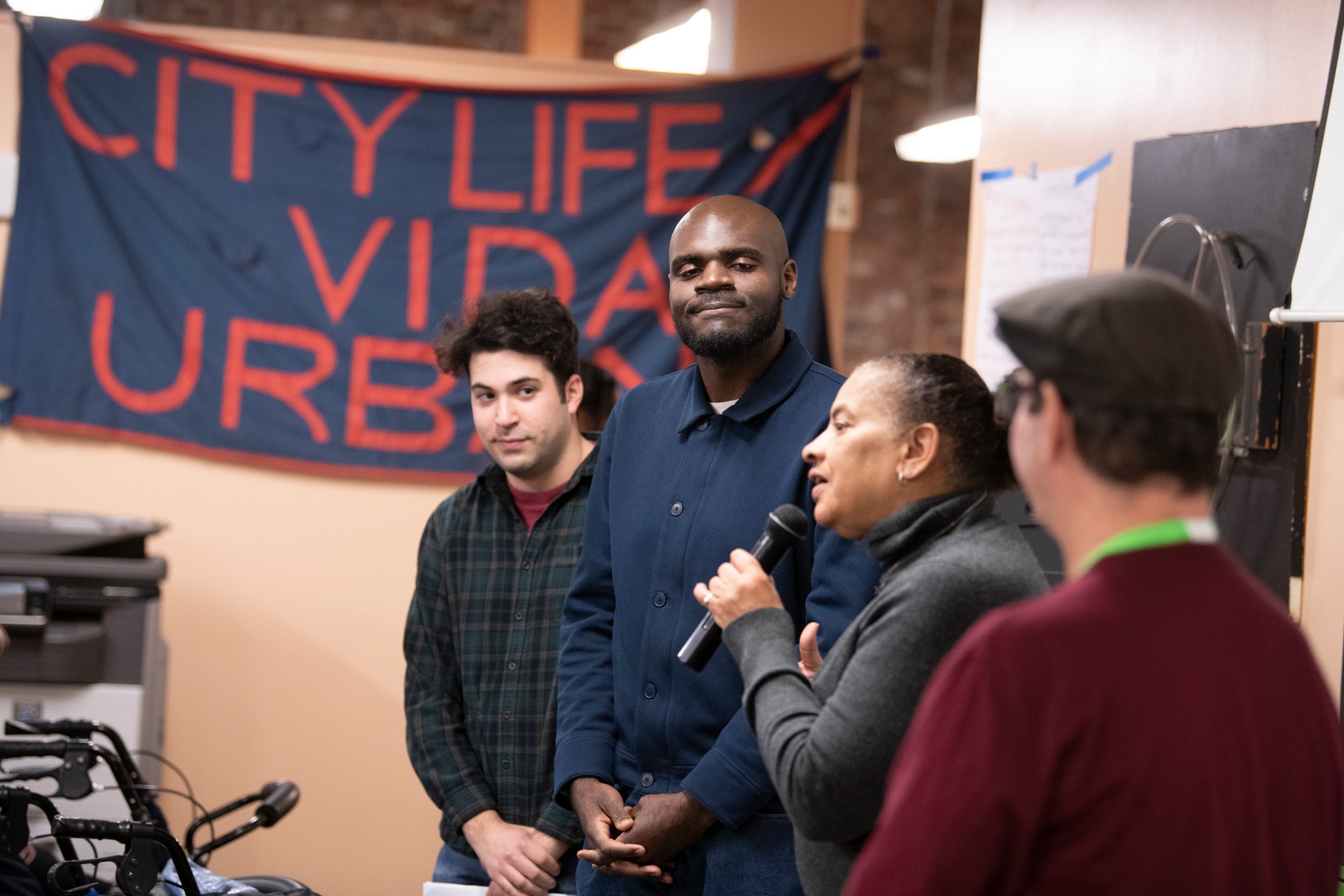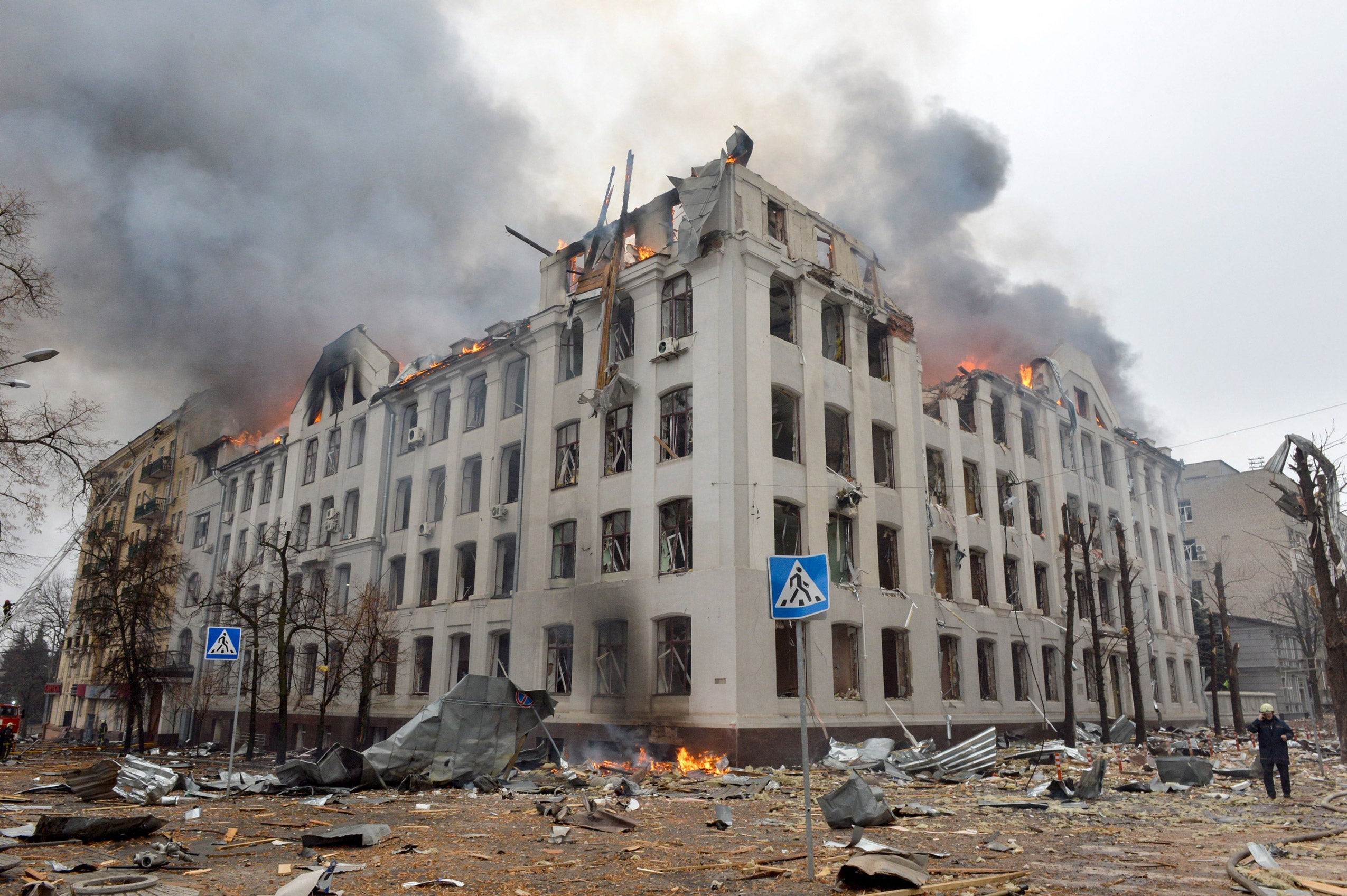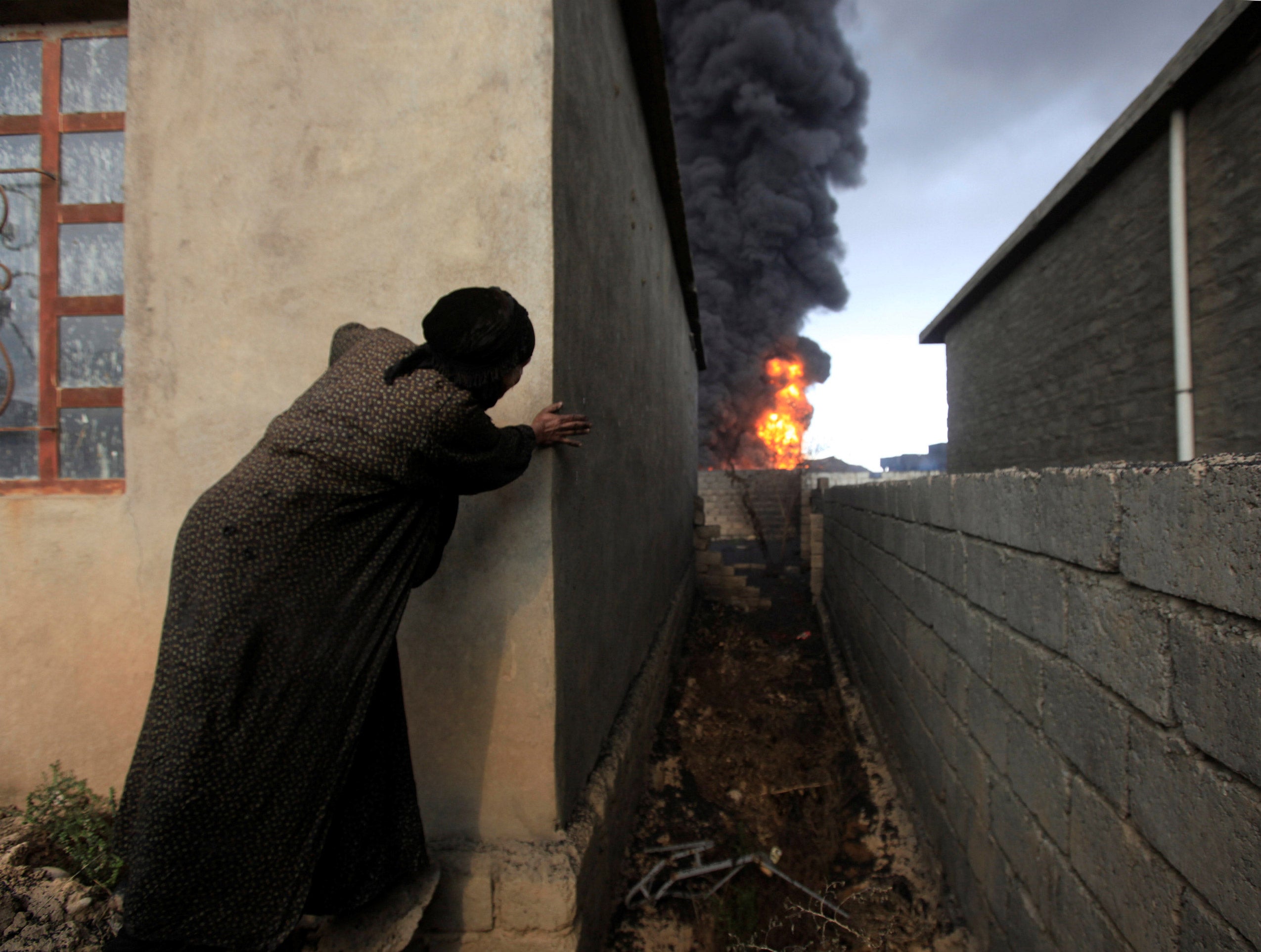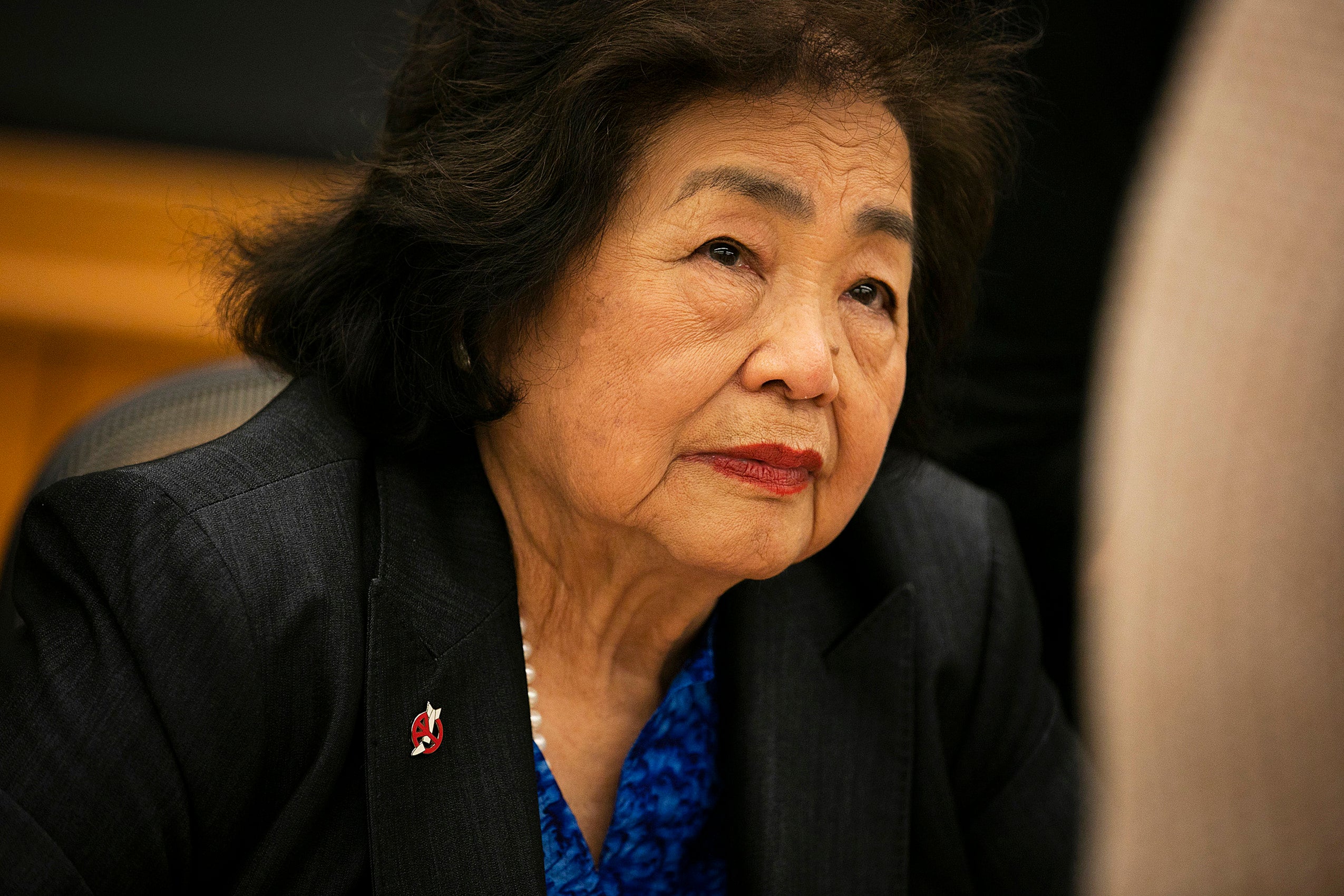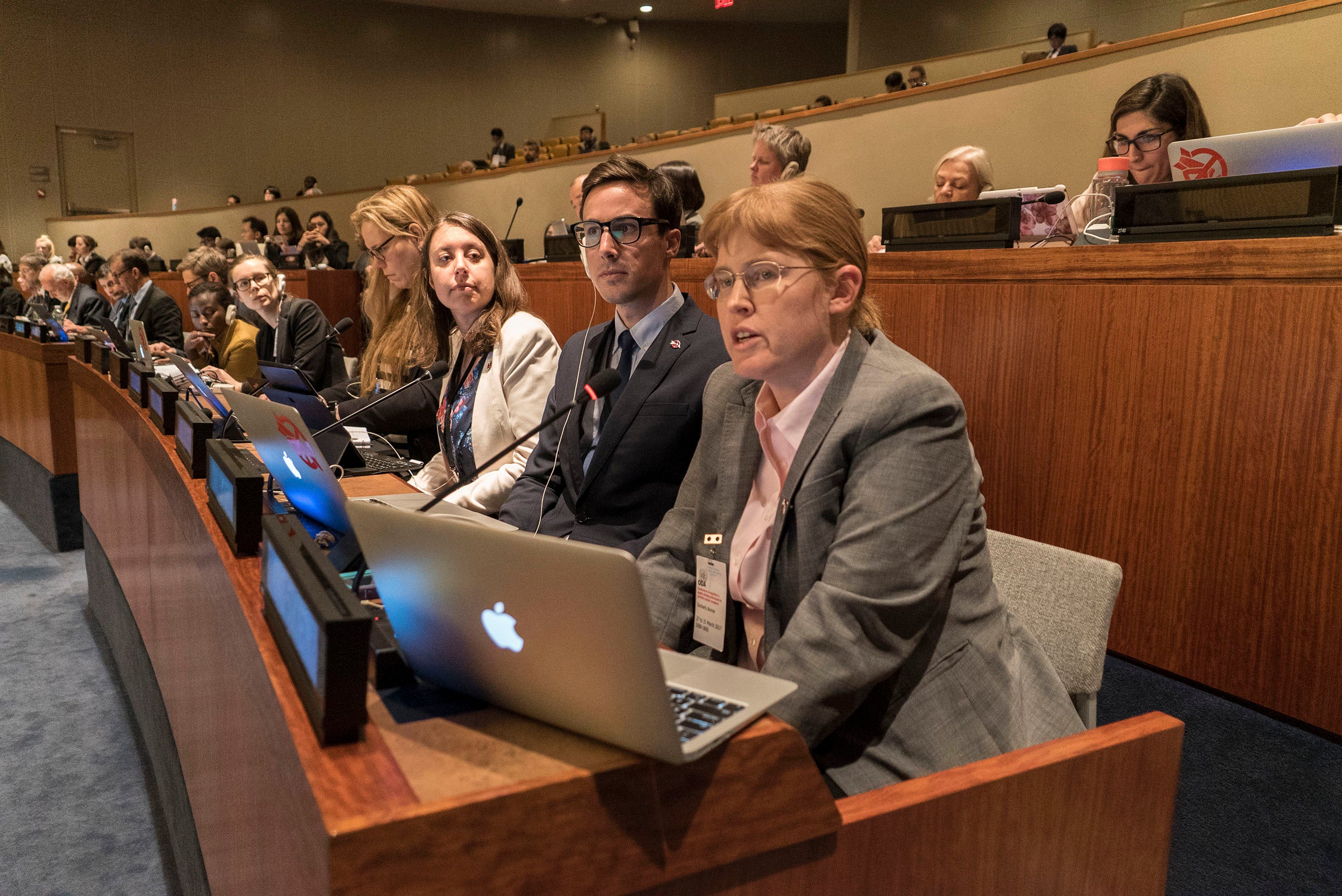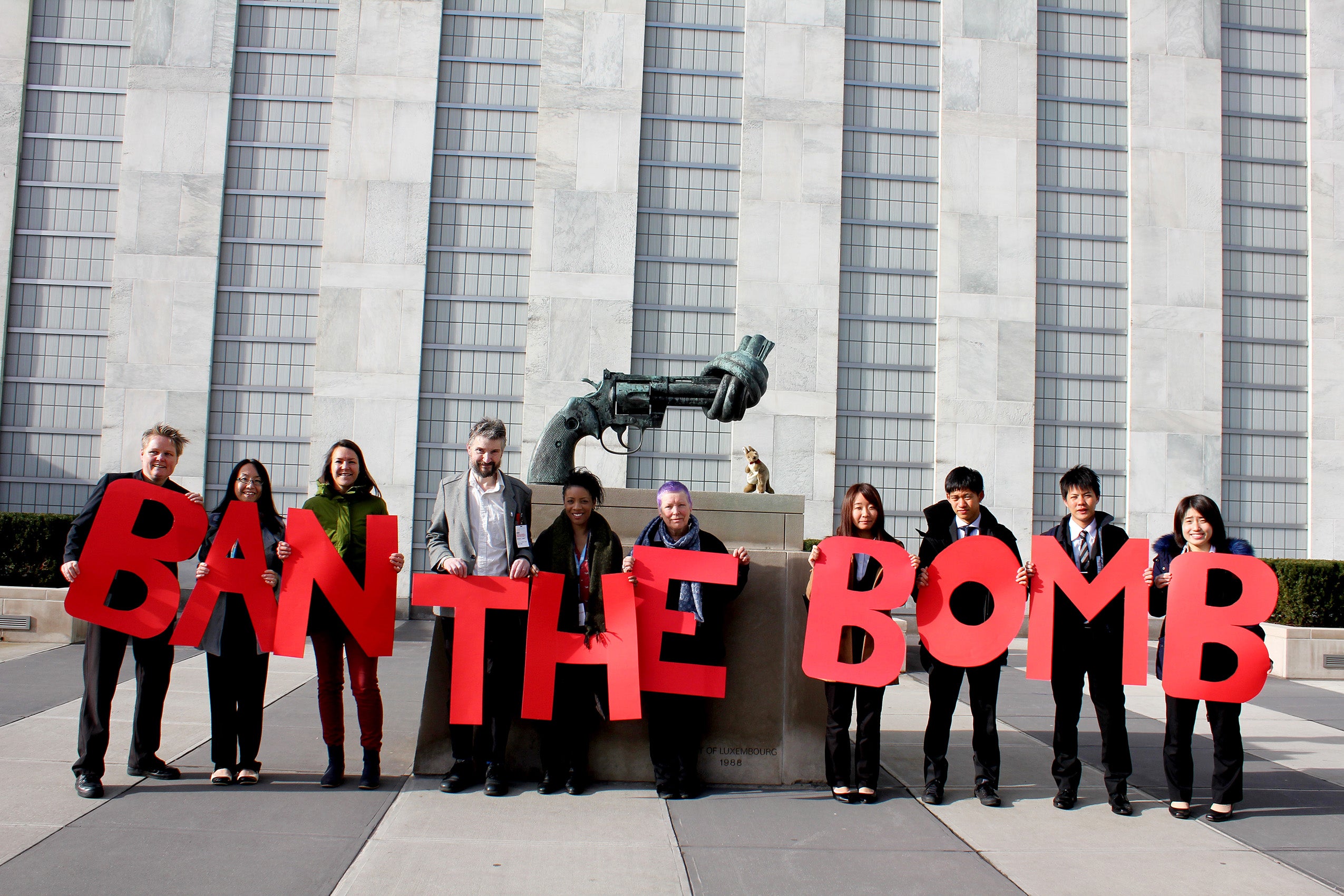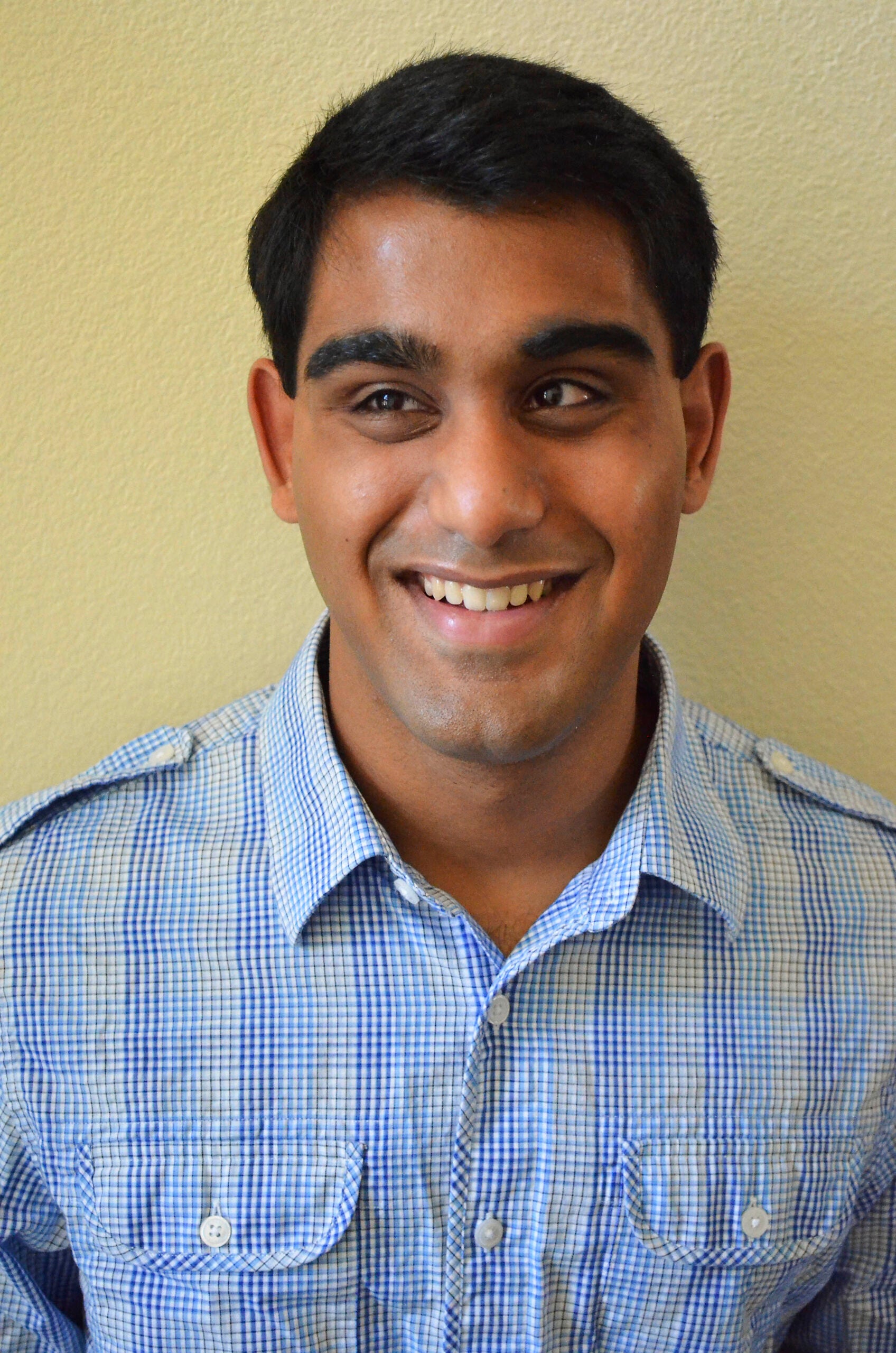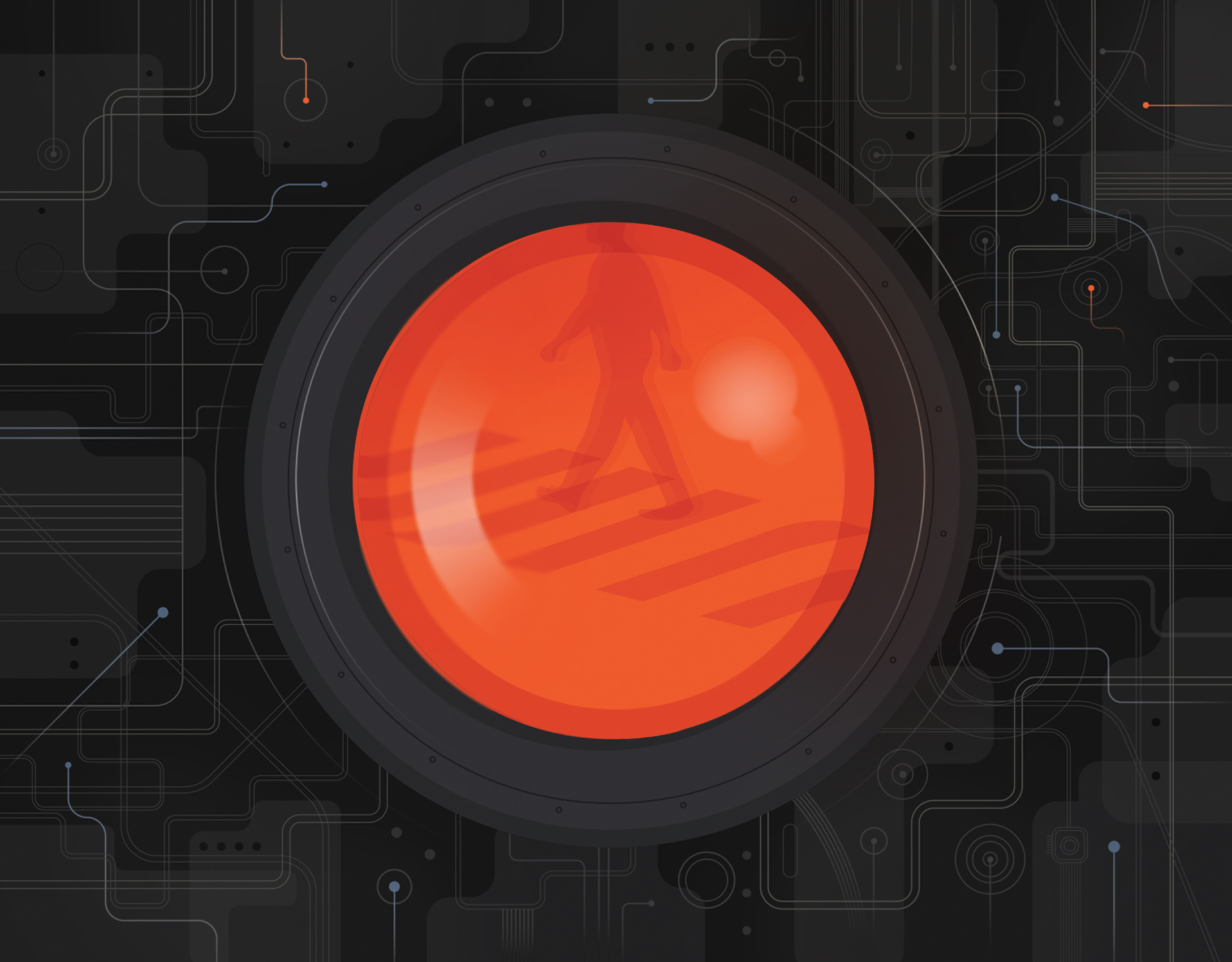People
Bonnie Docherty
-
The treaties that make the world safer are struggling
January 5, 2023
There was a stretch in December’s late-stage negotiations that seemed pretty bleak. Russia was mad, mostly that no one would entertain its made-up claims of…
-
Clinics in Action
July 15, 2022
For one day in the 2019–2020 academic year, Harvard Law Today followed just a handful of Harvard Law's 47 legal clinics to see their work — and their efforts to advance justice — in action.
-
The destruction in Ukraine
March 16, 2022
In less than three weeks, Ukraine’s apartment buildings, once warm homes to families and pets, have become impossible to live in. Infrastructure that once served millions, has become inoperable, unusable. City centers full of shoppers have been reduced to rubble. Hospitals meant to provide care and sanctuary have become scenes of destruction. ... “People are killed in the damage. People are left homeless. People are killed in the rubble as the building collapses. But then there also is environmental damage,” said Bonnie Docherty, associate director of armed conflict and civilian protection at Harvard University’s International Human Rights Clinic. She noted that some buildings contain asbestos or other types of toxic material that could be released in the destruction.
-
Russian forces are using weapons widely banned across the world, says Harvard Law expert
March 3, 2022
As the Russian invasion of Ukraine continues to unfold, of particular concern, says arms expert Bonnie Docherty, is the reported use of cluster munitions and other explosives in highly populated areas.
-
Biden Administration Rejects Calls for Ban on “Killer Robots”
December 3, 2021
The Biden administration on Thursday rejected demands for a binding international agreement banning or tightly regulating the use of so-called killer robots, autonomous weapons that campaigners fear will make war more deadly and entrench a global norm of “digital dehumanization.” ... Bonnie Docherty, senior arms researcher at Human Rights Watch, said Wednesday that “much opposition to killer robots reflects moral repulsion to the idea of machines making life-and-death decisions. “A new treaty would fill the gap in international treaty law and protect the principles of humanity and dictates of public conscience in the face of emerging weapons technology,” Docherty argued.
-
Israeli firm unveils armed robot to patrol volatile borders
September 13, 2021
An Israeli defense contractor on Monday unveiled a remote-controlled armed robot it says can patrol battle zones, track infiltrators and open fire. The unmanned vehicle is the latest addition to the world of drone technology, which is rapidly reshaping the modern battlefield....Bonnie Docherty, a senior researcher from the arms division of Human Rights Watch, said such weapons are worrisome because they can’t be trusted to distinguish between combatants and civilians or make proper calls about the harm attacks may do to nearby civilians. “Machines cannot understand the value of human life, which in essence undermines human dignity and violates human rights laws,” Docherty said. In a 2012 report, Docherty, a lecturer at Harvard Law School, called for fully automated weapons to be banned by international law.
-
Trusted to listen
December 28, 2020
After her first interview in Afghanistan, Nicolette Waldman ’13 realized she had found the career she was meant to pursue.
-
Confronting conflict pollution
September 30, 2020
A new report from the HLS International Human Rights Clinic and the Conflict and Environment Observatory establishes a new framework for addressing human harm resulting from the environmental consequences of conflict.
-
New Effort to Curb Explosive Weapons
November 18, 2019
Governments should make a commitment to protect civilians from the harmful impacts of explosive weapons used in towns and cities during conflicts, Human Rights Watch said in a report released today at a diplomatic conference in Geneva. The 23-page report, “A Commitment to Civilians: Precedent for a Political Declaration on Explosive Weapons in Populated Areas,” co-published by Harvard Law School’s International Human Rights Clinic, lays out the components of a new political declaration on explosive weapons, bolstering its case with precedent from existing declarations. ... “We should not look away from today’s victims of conflict, who are all too often civilians living in towns and cities that are under attack from bombs, rockets, artillery shells, and other explosive weapons,” said Bonnie Docherty, senior arms researcher at Human Rights Watch. “Military forces should avoid using explosive weapons in populated areas due to the unacceptable harm they often cause.”
-
A living witness to nuclear dystopia
October 10, 2019
First came a flash. Thirteen-year-old Setsuko Nakamura felt as if she were drifting skyward. And then darkness. Seventy-four years later Setsuko still remembers the moment of detonation after the U.S. dropped the atomic bomb on Hiroshima, the first of two exploded over the island nation, a deployment that proved so horrendous the weapons have never been used since. “That very morning I was at the military headquarters, not at the school,” she told a rapt audience at Harvard Law School on Tuesday as part of the University’s Worldwide Week. Instead of being in class on Aug. 6, 1945, Setsuko was reporting for her first day of work, as one of the thousands of students the government mobilized to provide cheap labor during the wartime shortage. ... “The eyewitness accounts of Setsuko and other survivors provide a vivid reminder of the human consequences of nuclear weapons,” said Bonnie Docherty, associate director of Armed Conflict and Civilian Protection and lecturer on law at the Law School’s International Human Rights Clinic. During negotiations for the U.N. treaty, the clinic provided legal advice and advocacy support to ICAN.
-
A living witness to nuclear dystopia
October 10, 2019
Seventy-four years later Setsuko Thurlow still remembers the moment of detonation after the U.S. dropped the atomic bomb on Hiroshima, the first of two exploded over the island nation, a deployment that proved so horrendous the weapons have never been used since.
-
In Q&A, Bonnie Docherty discusses humanitarian disarmament
October 9, 2019
Bonnie Docherty ’01, associate director the Armed Conflict and Civilian Protection Initiative (ACCPI) at Harvard Law School, discusses humanitarian disarmament, and a recent discussion with Hiroshima survivor Setsuko Thurlow.
-
Gallery: From the atomic bomb to the Nobel Peace Prize
October 4, 2019
Photo exhibit traces the history of nuclear weapons from the devastation of early use and testing to the current global effort to eliminate them.
-
In his work with Harvard Law School's International Human Rights Clinic and beyond, Paras Shah '19 has always centered his approach to human rights on inclusion.
-
Use of ‘killer robots’ in wars would breach law, say campaigners
August 27, 2018
...In a new report published jointly by Human Rights Watch and Harvard Law School’s International Human Rights Clinic, the organisations have stated that fully autonomous weapons would violate the Martens Clause – a well established provision of international humanitarian law...“Permitting the development and use of killer robots would undermine established moral and legal standards,” said Bonnie Docherty, senior arms researcher at Human Rights Watch, which coordinates the Campaign to Stop Killer Robots. “Countries should work together to preemptively ban these weapons systems before they proliferate around the world.
-
A conversation with Bonnie Docherty. When drafting a treaty on the laws of war at the end of the 19th century, diplomats could not foresee the future of weapons development. But they did adopt a legal and moral standard for judging new technology not covered by existing treaty language. This standard, known as the Martens Clause, has survived generations of international humanitarian law and gained renewed relevance in a world where autonomous weapons are on the brink of making their own determinations about whom to shoot and when. The Martens Clause calls on countries not to use weapons that depart “from the principles of humanity and from the dictates of public conscience.”
-
Morality in the Machines
June 26, 2018
Researchers at Harvard’s Berkman Klein Center for Internet & Society are collaborating with MIT scholars to study driverless cars, social media feeds, and criminal justice algorithms, to make sure openness and ethics inform artificial intelligence.
-
...While fully autonomous weapons — the technical term for killer robots — aren't quite yet a reality, the rapid advance of robotics and artificial intelligence raises the specter of armies someday soon having tanks and aircraft capable of attacking without a human at the controls...But outlawing killer robots internationally may prove difficult. Bonnie Docherty, senior arms researcher at Human Rights Watch and associate director of armed conflict and civilian protection at Harvard Law School's International Human Rights Clinic, says in an email that while most of the countries at the UN conference are concerned about autonomous weapons, there's not yet consensus support for a legally-binding international ban.

